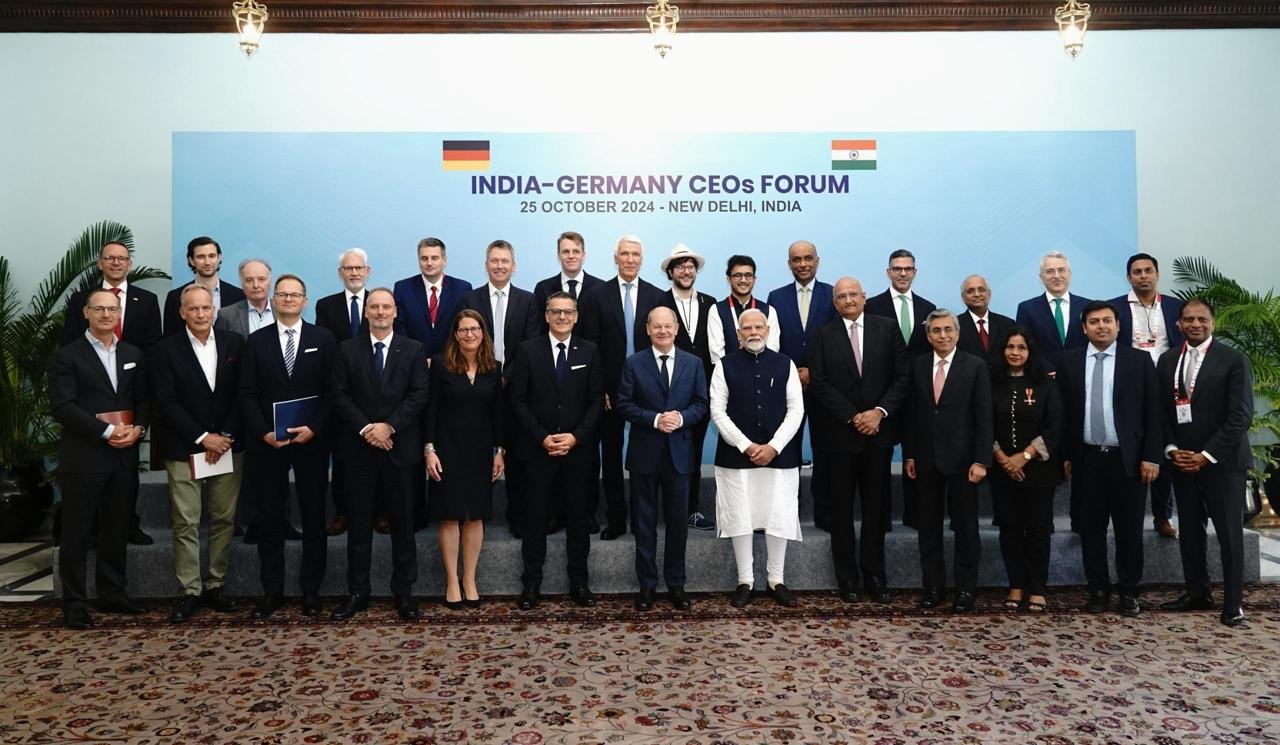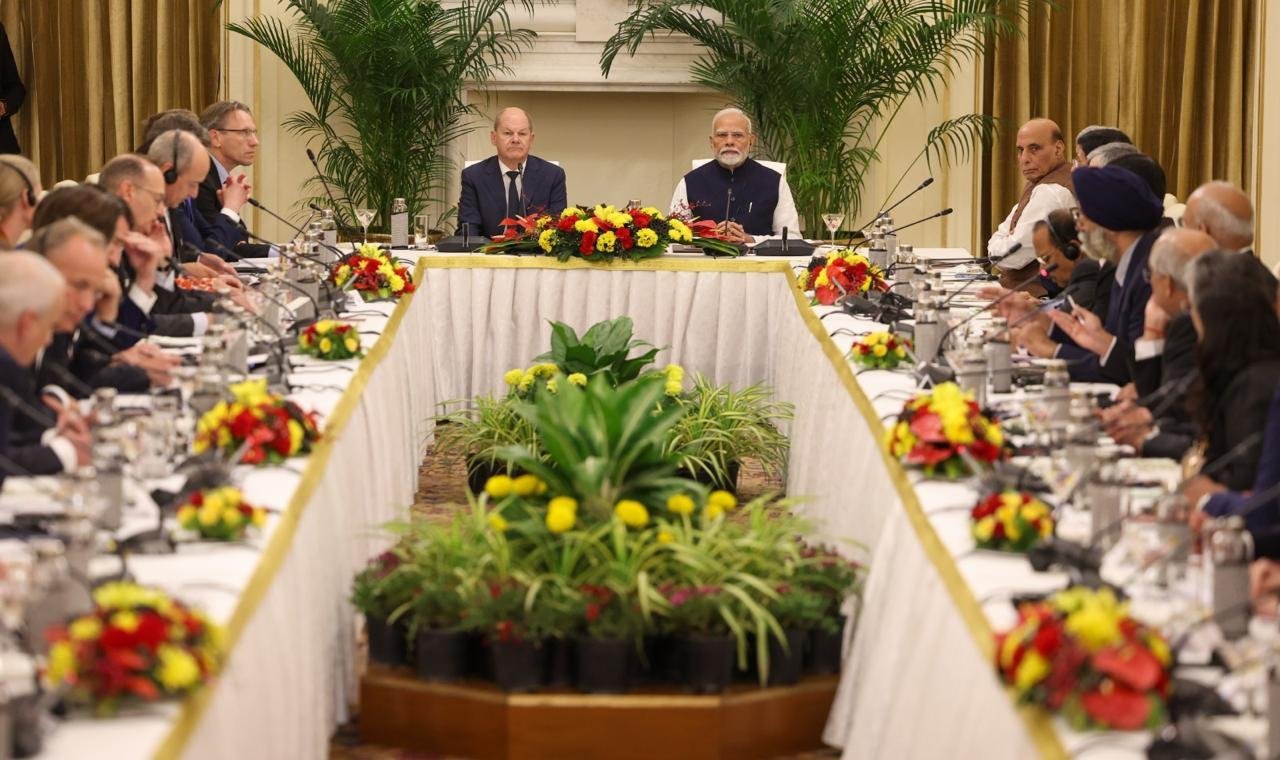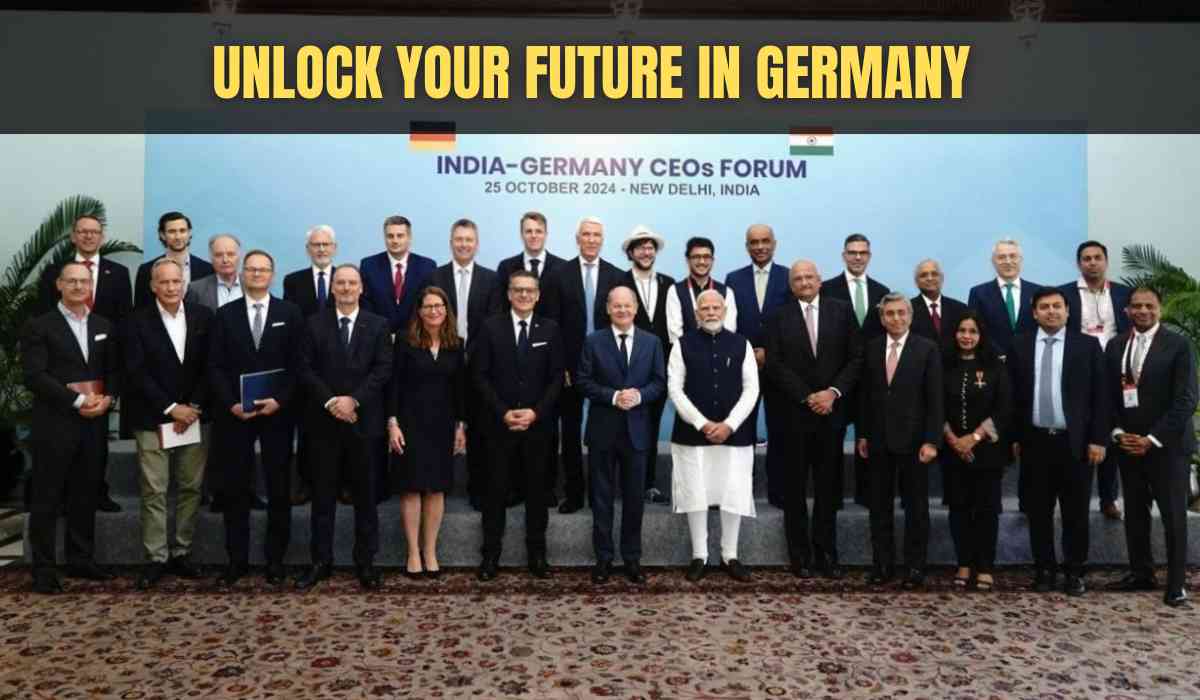
Germany to Boost Work Visas for Skilled Indian Workers
Germany agreed to increase work visas for Indian professionals, boosting the quota to 90,000 from earlier. This move would certainly help strengthen ties between both nations and fill some crucial labor gaps in Germany. The decision was taken in a meeting between German Chancellor Olaf Scholz and Indian Prime Minister Narendra Modi in Delhi.
Prime Minister Modi in the Indian capital confirmed at a business summit that Germany has agreed to more than quadruple the work visas it issues to Indian skilled workers from 20,000 to 90,000. This will boost Germany's economy,
Modi said.
The India-Germany friendship is vibrant!
Had productive talks with Chancellor Scholz…. pic.twitter.com/kudp14H60V— Narendra Modi (@narendramodi) October 25, 2024
The land of Merkel is facing one of its most severe labor shortages in its history- especially in skilled trades due to an aging population that over the next decade will result in millions of vacancies being created.
Germany's Labour Crisis
One of the very pertinent worries of Germany is the inadequacy of labor. Workers are in retirement age, while fewer new young talent find entry into the profession. In particular, apprentice and trade profession training have experienced declining entrant numbers.
In a counter move, the German government has been aggressively on the lookout for foreign professionals, including Indians, to bridge this gap. This strategy included streamlining recruitment, cutting red tape, increasing recognition of skills, and training programs.

A "Win-Win" Partnership
Germany's Foreign Minister Annalena Baerbock, who was traveling with Scholz to Delhi, made it clear that the country needed Indian skilled workers. Young, educated Indians want to join the workforce and Germany has a huge need for skilled professionals. This might create a 'win-win-win' situation for both countries and the youth
, Baerbock said.
While skilled migration has been touted as a panacea for Germany's labor problems, it remains a contentious issue. The far-right Alternative for Germany party, which has made electoral gains on an anti-immigration platform, has increased the pressure on Scholz's government. However, the government has made a distinction between irregular migration and skilled migration, focusing on the latter to address workforce needs.
With inputs from agencies
Image Source: Multiple agencies
© Copyright 2024. All Rights Reserved Powered by Vygr Media.
























